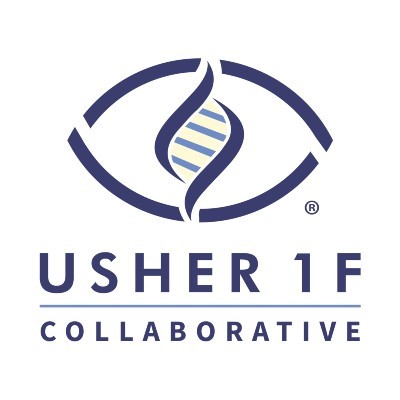New Usher 1F Researcher, David Corey, PhD
David Corey, PhD., is the Bertarelli Professor of Translational Medical Science, Department of Neurobiology, Harvard Medical School. He has previously studied the Usher 1F gene and has now taken on developing gene therapy for the vision loss of Usher 1F. Below, he describes this new project.
A major gift from the Bertarelli Foundation to Harvard Medical School will support four new grants on understanding and treating sensory disorders. One of these grants, for work by scientists in Boston and Switzerland, will fund research into new strategies to treat the loss of vision in Usher 1F. Principal investigators of the team are Botond Roska, an expert on the retina who is located at the Institute for Ophthalmology in Basel, Switzerland, and David Corey and Artur Indzhykulian, of Harvard Medical School and Massachusetts Eye and Ear, who have studied the structure and function of protocadherin-15 in the auditory system and who have pioneered new methods for gene therapy for other forms of hereditary deafness.
Traditional approaches for gene therapy for recessive disorders often involve using AAV viral vectors to deliver DNA to affected cells; the DNA allows the cells to make normal protein, which may compensate for the defective inherited form. AAV is a small vector, however, which holds only about 4,700 individual bases of DNA. Protocadherin-15 requires at least 6,000 bases—too long to fit in AAV. The Roska, Corey and Indzhykulian laboratories will collaborate to try to develop new ways to overcome this limit, and they hope eventually to halt the loss of vision in Usher 1F patients.

